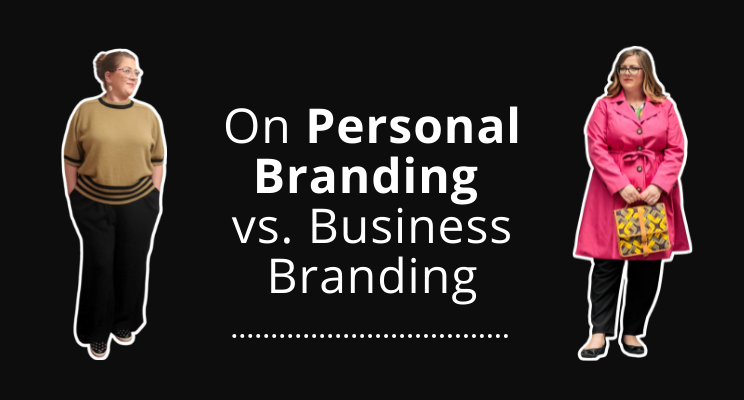Introduction: Why Personal Branding Matters for Entrepreneurs and Executives


In today’s competitive business landscape, personal branding is essential for entrepreneurs and executives who want to differentiate themselves, build trust, and create lasting professional connections. A well-defined personal brand allows you to showcase your unique strengths, values, and expertise, making you memorable in the minds of clients, investors, and collaborators.
This guide offers insights into the key strategies you need to build an authentic, impactful personal brand that drives success in your entrepreneurial or executive journey.
1. Define Your Brand Identity and Value Proposition
Before you start promoting yourself, it’s important to define what you stand for:
- Identify Your Strengths and Core Values: Reflect on what makes you unique in your industry. Are you a problem solver, a visionary, or an expert in a niche area?
- Develop a Value Proposition: Think about what value you bring to your clients, team, and industry. Why should others seek your insights or services?
Tip: Create a one-line personal branding statement that captures your mission and strengths, like “Empowering small businesses through innovative digital marketing.”
2. Leverage Social Media Platforms to Amplify Your Brand
Social media offers a powerful way to showcase your brand and expertise:
- Choose the Right Platforms: Focus on LinkedIn for professional insights, Twitter for thought leadership, and Instagram for visual content if it aligns with your brand.
- Post Regularly and Consistently: Share industry insights, personal achievements, or even reflections on current events to engage your audience.
- Engage Authentically: Build relationships by engaging with others’ content, participating in discussions, and responding to comments thoughtfully.
3. Develop a Signature Content Strategy
Content is the backbone of personal branding, allowing you to demonstrate your expertise:
- Publish Thought Leadership Articles: Write blogs or LinkedIn articles to share unique insights, opinions, or how-to guides in your area of expertise.
- Create Video Content: Videos let audiences connect with you on a personal level. Short clips on industry trends, tips, or success stories can be engaging and memorable.
- Start a Newsletter: Newsletters offer a direct line to your audience, where you can share exclusive insights, advice, or updates on your journey.
4. Build a Professional Website as Your Digital Hub
A personal website serves as a central hub for your personal brand:
- Create a Portfolio or Case Studies Section: Show your achievements, past projects, and client testimonials.
- Include a Blog or Resource Section: Share your industry knowledge through regular posts, whitepapers, or guides.
- Have a Clear Call to Action (CTA): Direct visitors to connect with you on LinkedIn, subscribe to your newsletter, or book a consultation.
5. Network Strategically to Strengthen Your Brand
Networking is key to establishing your presence and credibility:
- Attend Industry Events and Conferences: Speaking engagements and events offer an opportunity to share your expertise and connect with others.
- Engage with Thought Leaders: Networking with industry influencers can help you gain exposure and learn new ideas.
- Collaborate and Cross-Promote: Partner with others in your field on projects, webinars, or social media collaborations to expand your audience reach.
6. Consistency is Key: Stay Authentic and True to Your Brand
Consistency and authenticity are critical to maintaining a strong brand:
- Be Transparent About Your Journey: Share both successes and challenges to build trust with your audience.
- Align Actions with Brand Values: Your actions, online and offline, should reflect the brand you’re building.
- Stick to a Cohesive Visual Identity: Use the same profile photo, colors, and messaging style across platforms for a recognizable presence.


7. Measure Your Brand’s Impact and Refine Your Strategy
Analyzing your progress helps you understand your brand’s impact and areas for growth:
- Monitor Engagement Metrics: Track likes, shares, comments, and follower growth on social media.
- Solicit Feedback: Ask your network for feedback on your content and branding to understand how you’re perceived.
- Adapt and Evolve: Personal branding isn’t static. Stay current with industry changes and continuously improve your strategy.
Empower Your Career with a Strong Personal Brand
Building a personal brand is an ongoing process that requires reflection, consistency, and adaptability. When executed effectively, a strong personal brand not only enhances your career but also opens doors to new opportunities and partnerships. As an entrepreneur or executive, your personal brand is a strategic asset that can elevate your business, inspire your team, and build lasting professional relationships.























